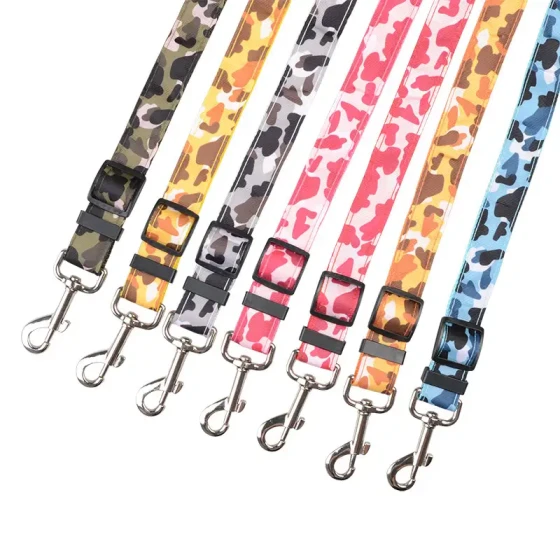Guaranteeing Dog Scientific Diet is Very Important
Dogs are like family and friends to humans, and of course, we need to take care of our family and friends seriously. The most important thing in caring for dogs is to provide them with a balanced, scientific diet to ensure that your beloved dog stays healthy.

Kerry Blue Terrier
If dogs are poorly fed and suffer from malnutrition, the harm can be very serious:
Malnourished dogs do not grow normally; their bodies may be smaller and more fragile than other dogs. Abnormal bone development can lead to X-shaped or O-shaped legs and can easily trigger hip joint diseases. In addition, malnourished dogs often have problems with coat growth, such as uneven hair growth, coarse and dull fur, and rough, inelastic skin.
Overnutrition in dogs is also harmful:
1. Causes kidney disease: Dogs that consume excessive fat, obesity, and protein are prone to kidney disease. If a dog already has kidney disease, its protein intake should be strictly controlled to help the dog recover health quickly.
2. Difficult labor in dogs: Overnutrition can lead to difficult labor, especially in Poodles, Dachshunds, Pekingese, Spanish Water Dogs, and others. Eating too many high-nutritional-value foods can cause fetal oversize making delivery difficult.
Editor’s reminder: The nutritional health of dogs is not very different from that of humans. Whether a pet dog suffers from malnutrition or overnutrition, it will affect its healthy development. Therefore, owners must feed their dogs scientifically, with neither excessive nor insufficient quantities, and must not neglect the dog’s nutritional needs.

Tibetan Mastiff (detailed introduction)
Basic nutrients required for properly raising dogs include:
1. Water: An indispensable component for activities throughout the dog’s body.
2. Protein: Used for physical development and stamina recovery.
3. Carbohydrates: Provide energy.
4. Fat: Provide energy and protect skin and coat health.
5. Vitamins and minerals: Provide the essential vitamins and minerals needed for basic chemical reactions inside the body.
6. Fiber: Required for normal gastrointestinal digestion.

Border Collie (detailed introduction)
How to ensure a balanced diet for dogs?
1. Dog food: Dog food contains sufficient nutrients with good quality ingredients. These foods come in a wide variety and are convenient to use. There are two types of dog food — complete and supplementary. Complete foods provide a balanced diet, while supplementary foods must be used together with other specific foods, such as canned biscuit mixtures.
2. Homemade food: When feeding dogs homemade food, different foods should be gradually introduced so that the dog’s digestive system can adapt to the new food. Meat, eggs, cheese, and bread are commonly used as dog foods. If these foods make up the majority of the dog's diet, vitamins and minerals must be supplemented.
3. Bones: Bones are important calcium sources for dogs because they are tasty and can exercise the jaw, clean the teeth, and help pass time. Note that only marrow bones can be given to puppies because marrow bones do not splinter into sharp pieces that could damage puppies’ digestive tracts. Never feed dogs chicken bones, rabbit bones, ribs, fish bones, or lamb bones from barbecue.
Editor’s reminder: Whatever food you choose for your dog, always ensure that they have ample fresh water available at all times — this is the most basic need for dogs and must not be ignored.
In conclusion, feeding dogs may seem simple but is actually complex. Dog owners should pay close attention to managing their dogs’ diets scientifically to ensure the normal and healthy growth of their pets!



